Watch Out: Your Money Is Being Used to Destroy the World!

How governments spend taxpayers money to subsidise fossil fuels that cause deadly air pollution – A reminder to mark 5 June World Environment Day.
Earth recycles ocean floor into diamonds
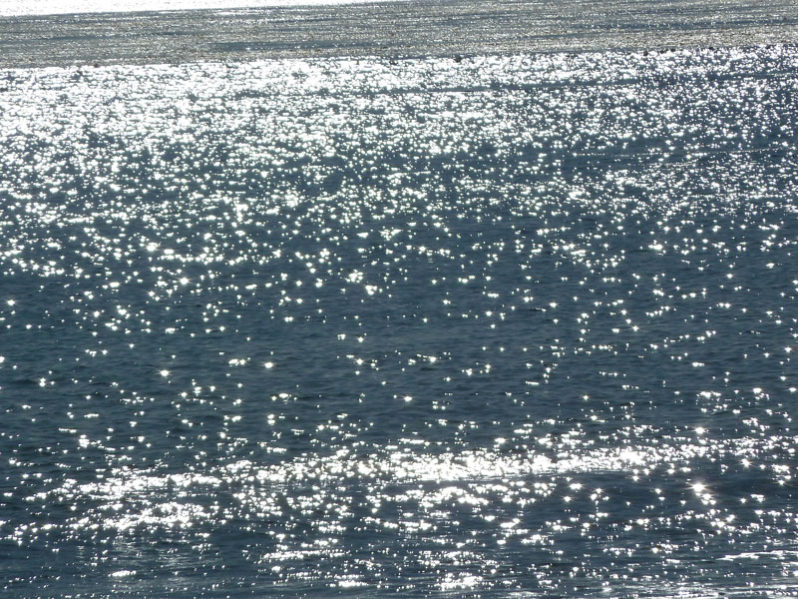
Most diamonds are made of cooked seabed. The diamond on your finger is most likely made of recycled seabed cooked deep in the Earth. Traces of salt trapped in many diamonds show the stones are formed from ancient seabeds that became buried deep beneath the Earth’s crust, according to new research.
Mexico Beach holds sea oat planting event to rebuild sand dunes
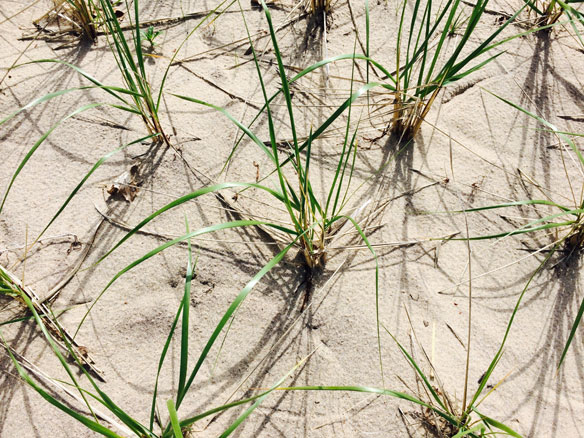
Mexico Beach is rebuilding its dunes along with its community. The city partnered with Duke Energy to start the process of restoring its beaches.
UN Report: Sand Mafias are Destroying Moroccan Beaches
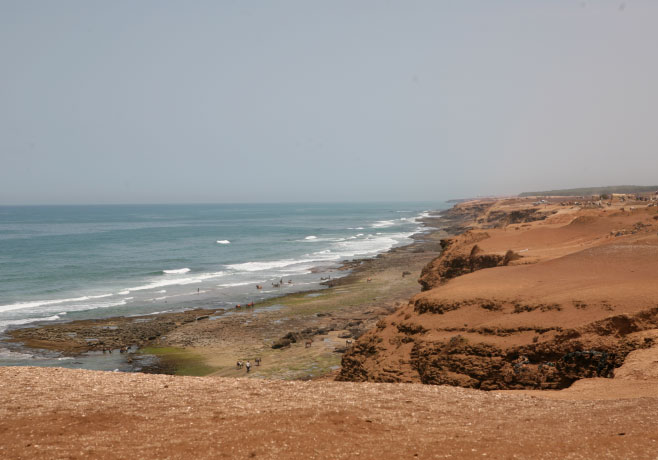
Sand mafias and illegal sand extraction are destroying beaches and threatening Morocco’s coastline, reminds the UN Environment Program.
Newborn Hawaii beach is already polluted with tiny pieces of plastic

There’s this romantic idea of the remote tropical beach, clean and pristine. That kind of beach doesn’t exist anymore. Pohoiki adds to the growing body of evidence that plastic is most likely ubiquitous on beaches: even ones that look virgin.
Mass die-off of puffins recorded in the Bering Sea

A mass die-off of seabirds in the Bering Sea may be partially attributable to climate change, according to a new study.
They partied on the beach. And then left 20,000 pounds of trash on it.
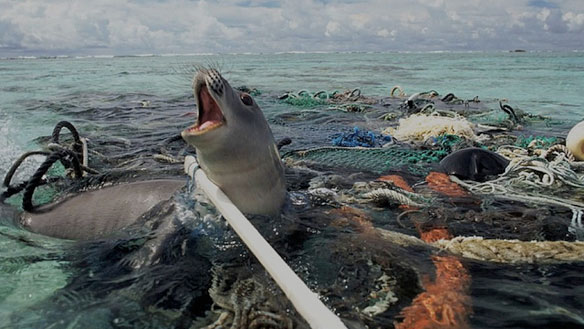
Partygoers attending a “Floatopia” event spent the day drinking and bobbing in the Virginia Beach surf. And then they left behind tons of trash.
Demand for sand: the largest mining industry no one talks about

The world’s largest and perhaps most destructive mining industry is rarely discussed. Approximately 85 percent of all material mined from the earth is a simple and widely available resource: sand. Because it is so cheap and readily available, it is mined by everyone from guy with a shovel, to multi-million dollar machine operations.
Live fast, die young: Study shows tiny fishes fuel coral reefs
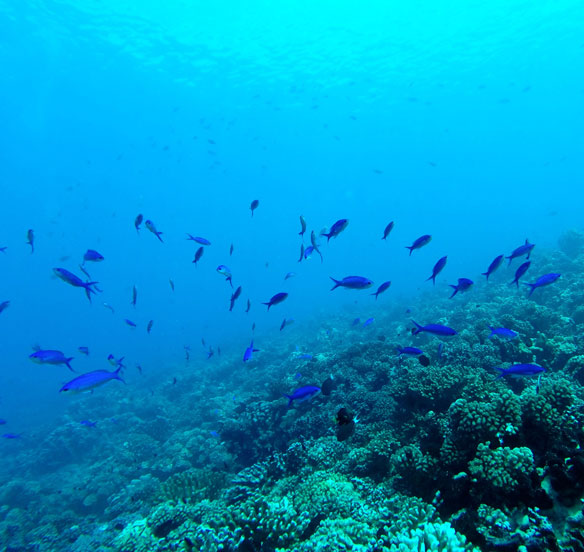
Scientists have long sought to understand how coral reefs support such an abundance of fish life despite their location in nutrient-poor waters. According to a new study, an unlikely group fuels these communities: tiny, mostly bottom-dwelling creatures called ‘cryptobenthic’ reef fishes.
